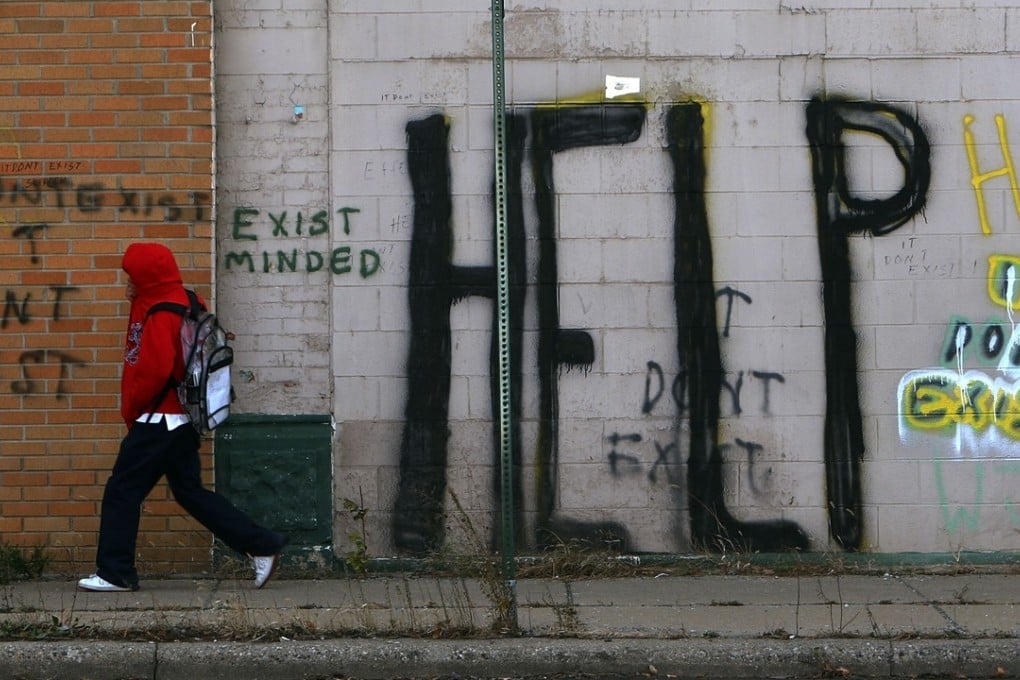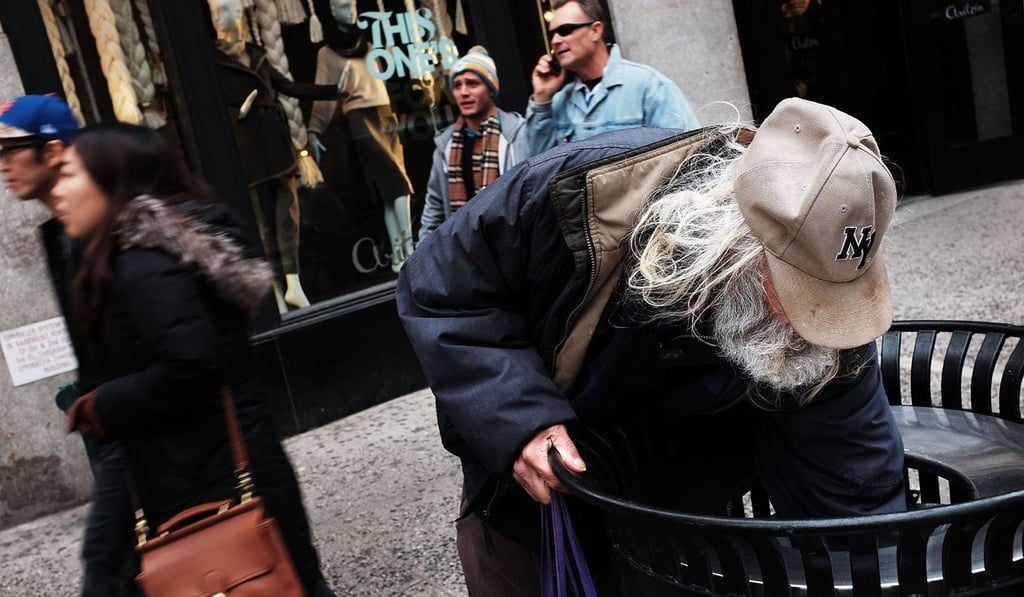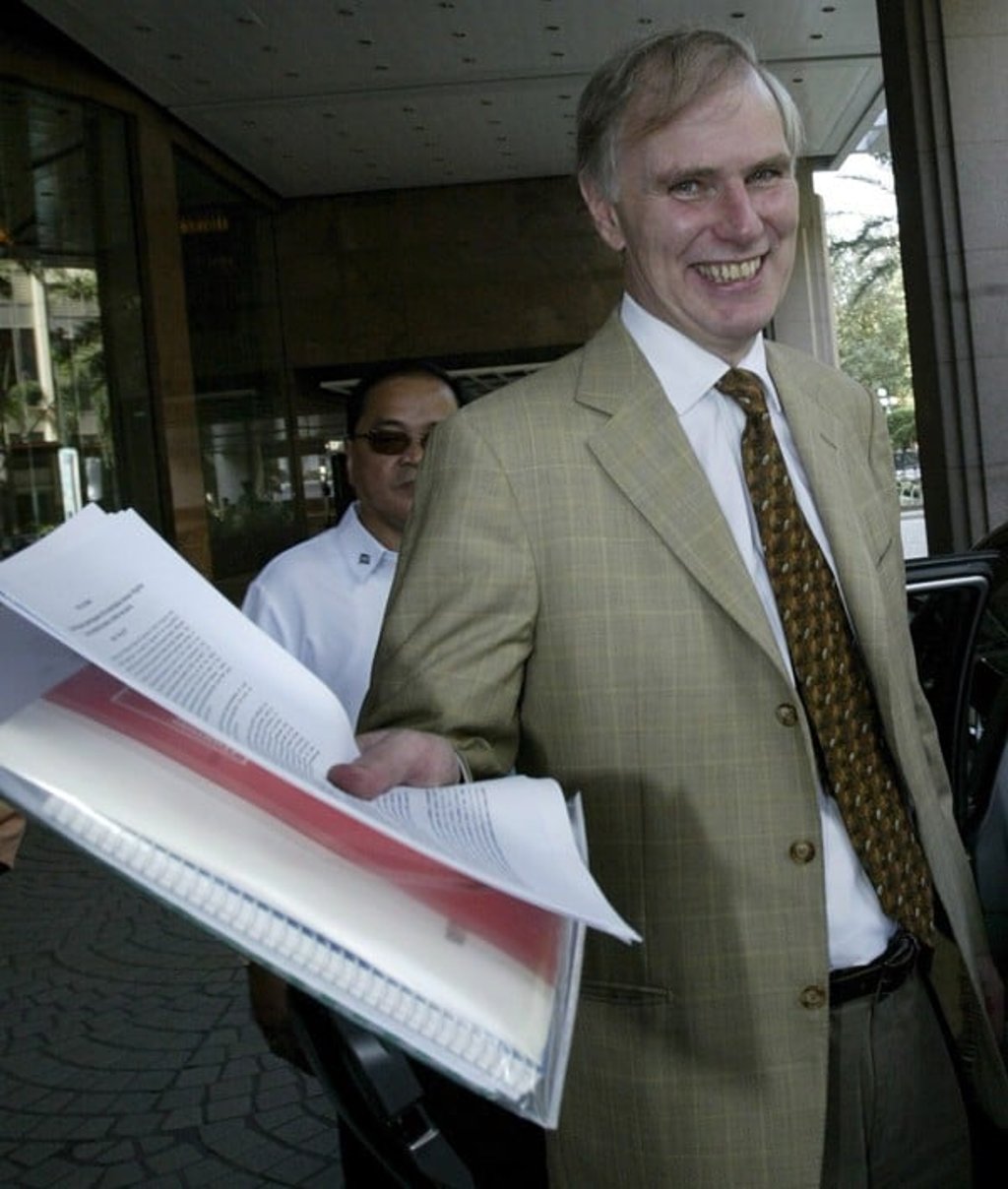Why the UN is investigating extreme poverty … in America, the world’s richest nation

The United Nations monitor on extreme poverty and human rights has embarked on a coast-to-coast tour of the US to hold the world’s richest nation to account for the hardships endured by America’s most vulnerable citizens.
The tour, which kicked off on Friday morning, will make stops in four states as well as the capital Washington and Puerto Rico. It will focus on social and economic barriers that render the American dream merely a pipe dream to millions.

The US Census Bureau puts the number of Americans living in poverty at 41 million – lower than other estimates – and the UN mission aims to demonstrate that no country, however wealthy, is immune from human suffering induced by growing inequality.

The UN special rapporteur on extreme poverty and human rights, Philip Alston, is a feisty Australian and New York University law professor who has a fearsome track record of holding power to account. Previously he has criticised the US for its programme of drone strikes, accusing Barack Obama’s administration and the CIA of killing many innocent civilians in attacks he said were of dubious international legality.